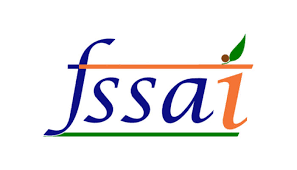
FSSAI to Highlight Sugar, Salt, and Fat on Packaged Food Labels
The Food Safety and Standards Authority of India (FSSAI) has approved a significant change to how nutritional information is displayed on packaged food labels. In an effort to help consumers make healthier choices, the FSSAI will require that the total sugar, salt, and saturated fat content be displayed in bold letters and larger font sizes.
This decision was made during the 44th meeting of the Food Authority, chaired by Shri Apurva Chandra, FSSAI Chairperson. The amendment to the Food Safety and Standards (Labelling and Display) Regulations, 2020, is designed to provide consumers with clearer information about the nutritional value of the foods they consume.
The draft notification for this amendment will soon be open to the public for feedback and suggestions.
Key changes include displaying the percentage contribution to Recommended Dietary Allowances (RDAs) for total sugar, total saturated fat, and sodium content in bold letters. These regulations are part of a broader effort to combat Non-Communicable Diseases (NCDs) and promote public health. The move aims to make it easier for consumers to understand and choose healthier food options.
Additionally, the FSSAI has been proactive in issuing advisories to prevent false and misleading claims on food labels. These advisories include directing e-commerce websites to remove the term ‘Health Drink’ and requiring Food Business Operators (FBOs) to avoid claims such as ‘100% fruit juices’ on reconstituted fruit juice labels.
The meeting was attended by senior officials from various ministries, including Health and Family Welfare, Commerce, Consumer Affairs, Food and Public Distribution, Law and Justice, and Micro, Small and Medium Enterprises. Representatives from industry associations, consumer organizations, research institutes, and farmers’ organizations were also present.
This initiative by the FSSAI marks a significant step towards ensuring consumers have the information they need to make healthier dietary choices and protect public health.